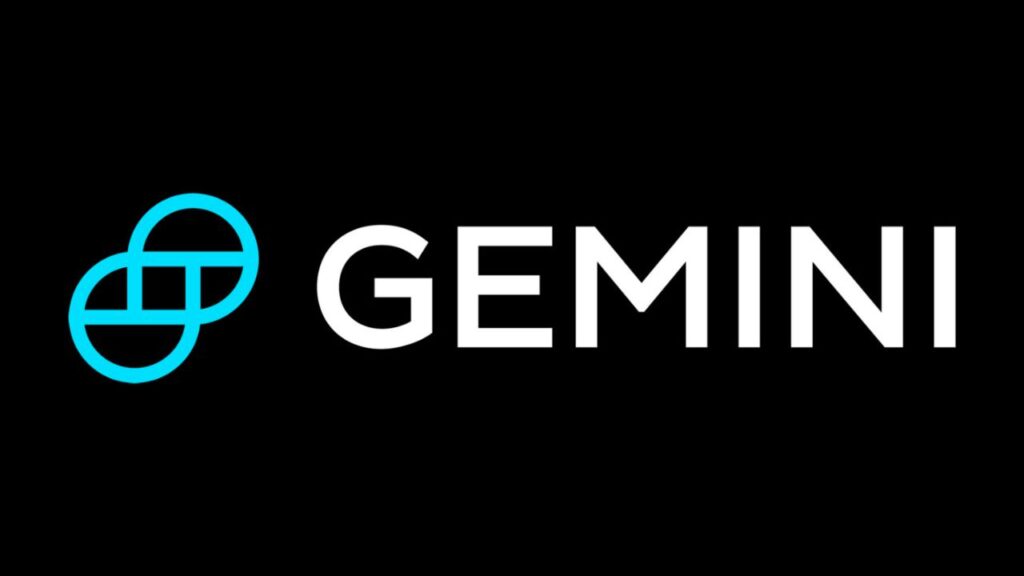Amidst a tightening regulatory environment for cryptocurrencies in the United States, Gemini, run by the Winklevoss twins, is beginning a significant expansion into the Asia-Pacific region. To facilitate this expansion and tap into new avenues of growth beyond American borders, Gemini has announced plans to hire 100 additional employees.

Quick facts:
- Gemini responds to tightening US regulations by expanding into the Asia-Pacific region, announcing plans to hire 100 employees for its Singapore hub.
- The Singapore Monetary Authority is cautious about retail crypto trading but does not currently impose a ban.
- Gemini’s founders, the Winklevoss twins, have explored the idea of establishing a second headquarters in London.
As per the announcement on June 19, these new recruits will be dedicated to bolstering the operations of Gemini’s hub in Singapore, which has emerged as a strategic focal point for the company’s expansion efforts.
By expanding into the Asia-Pacific region, Gemini aims to seize promising opportunities and diversify its presence in the global crypto market.
While the Singapore Monetary Authority has expressed its reservations about retail crypto trading, it has refrained from implementing a ban on such activities thus far.
Instead, the central bank has demonstrated a preference for tokenized traditional assets that fall under the protection of well-established financial market regulations. This stance reflects the authority’s inclination towards maintaining stability and adhering to existing laws in the financial sector.
In a separate development, the Winklevoss twins, Cameron and Tyler, recently held discussions with the UK’s Financial Conduct Authority. The purpose of the meeting was to explore the possibility of establishing a second headquarters for Gemini in London.
This move indicates the Winklevoss brothers’ interest in expanding their presence and operations beyond their current base, potentially capitalizing on the favorable regulatory environment and market opportunities in the United Kingdom.
According to the blog entry, Gemini has been providing support for the Singapore dollar, as well as the currencies of Hong Kong and Australia, since 2020. This move indicates Gemini’s commitment to catering to the Asian market and expanding its services beyond the United States.
In April, Gemini had already expressed its intentions to pursue growth opportunities in Asia and establish a crypto derivatives operation outside of the United States.
Massive Outflows as Crypto Businesses Flee the US
US regulatory crackdowns have had a profound impact on the cryptocurrency industry, prompting major companies to seek growth opportunities in foreign jurisdictions.
As an example, Coinbase, a key competitor of Gemini, recently forged a partnership with Standard Chartered in Singapore, facilitating local crypto trading. Similarly, Bittrex, a prominent crypto business, made headlines by confirming its departure from the US and subsequently filing for bankruptcy.
In a related event, the US Securities and Exchange Commission (SEC) imposed a hefty $30 million fine on Kraken, a crypto exchange, for offering its staking product without proper registration as a security. Consequently, Kraken decided to withdraw its staking product for customers in the US.
Critics within the industry argue that the SEC has failed to establish clear and suitable registration pathways for digital asset issuers, whose unique technical characteristics often do not align with existing securities regulations. This lack of clarity has resulted in significant uncertainty, leading to notable outflows from crypto exchanges.
Overall, the regulatory landscape in the US has triggered a shift in the strategies of crypto companies, as they explore opportunities abroad to navigate the complexities and ambiguities imposed by domestic regulations.
Anticipation mounts within the crypto community as asset management giant BlackRock awaits a decision on its application to introduce a Bitcoin spot exchange-traded fund (ETF) in the near future. Adding to the excitement, another prominent traditional finance company, WisdomTree, also filed a similar application merely a week later.
The Securities and Exchange Commission (SEC) had previously rejected similar ETF applications, citing concerns over the susceptibility of the Bitcoin market to manipulation.